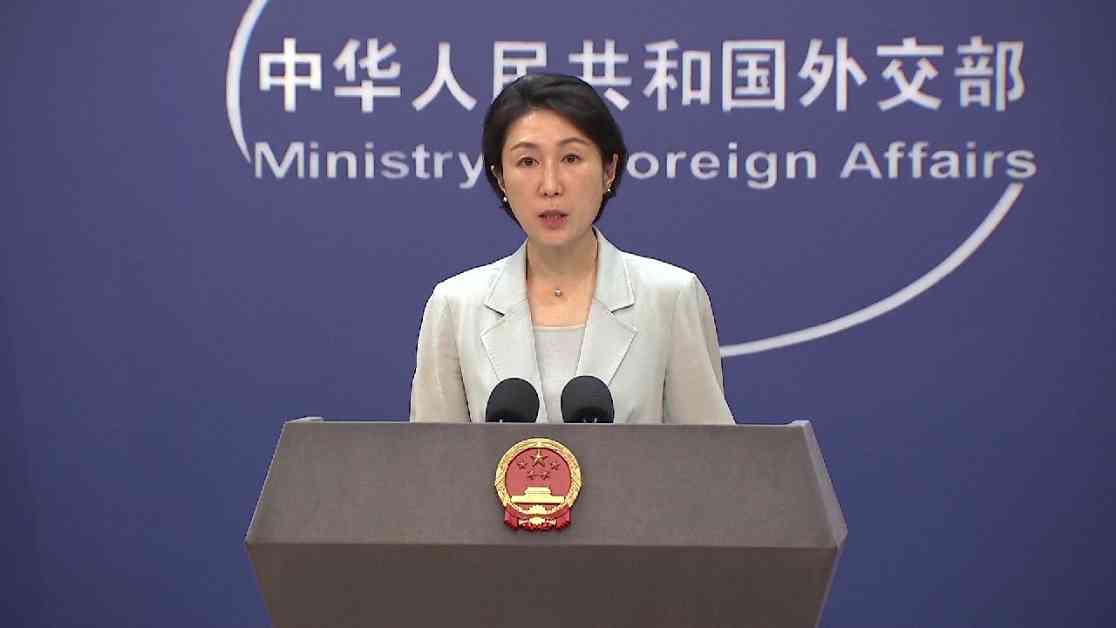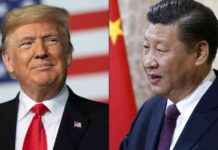China Calls for Long-Term Oversight of Fukushima Release
China’s Foreign Ministry spokesperson, Mao Ning, has strongly urged Japan to collaborate in establishing an independent, effective, and long-term international monitoring scheme involving neighboring countries and other stakeholders. The focus of this initiative is the discharge of nuclear-contaminated water from the damaged Fukushima Daiichi Nuclear Power Plant into the ocean.
Mao Ning emphasized the necessity for Japan to engage in transparent and inclusive dialogue with its neighbors and other concerned parties. The unilateral decision by Japan to release Fukushima’s contaminated water into the sea without consulting neighboring nations has raised significant concerns globally. Mao Ning labeled this action as irresponsible, indicating that it goes against international norms and undermines regional cooperation.
China’s Opposition to Japan’s Unilateral Actions
China has taken a firm stance against Japan’s one-sided approach to the Fukushima water discharge issue. The Chinese government has repeatedly expressed serious reservations regarding Japan’s decision and its potential ramifications on the environment and public health. Mao Ning highlighted the importance of Japan addressing these concerns in a transparent and responsible manner to alleviate anxieties within the international community.
The lack of consultation and collaboration from Japan has intensified tensions in the region and raised questions about the country’s commitment to upholding international standards. By disregarding the input of neighboring countries, Japan has created a situation where risks are transferred to a broader global audience. China’s opposition to this approach reflects its commitment to safeguarding the well-being of its citizens and the wider international community.
China’s Call for Accountability and Transparency
As the discussions between China and Japan continue regarding the Fukushima water discharge, transparency and accountability remain key focal points for the Chinese government. Mao Ning emphasized the importance of Japan adhering to its obligations under international law and respecting the concerns raised by neighboring countries. By providing clear and comprehensive information about the discharge process, Japan can alleviate doubts and build trust among its international partners.
China’s call for accountability extends beyond immediate environmental concerns to encompass broader issues of food safety and public health. Given the potential risks associated with the release of nuclear-contaminated water, China stresses the need for precautionary measures to protect its citizens and mitigate any adverse effects. The onus is on Japan to address these concerns proactively and demonstrate its commitment to responsible environmental stewardship.
China’s Ongoing Engagement with Japan
Despite the challenges posed by Japan’s unilateral actions, China remains committed to engaging with its neighbor on the issue of the Fukushima water discharge. Through diplomatic channels and multilateral forums, China seeks to convey its concerns and advocate for a collaborative approach that prioritizes transparency and accountability. By maintaining open lines of communication, China aims to facilitate constructive dialogue that leads to sustainable solutions.
The dialogue between China and Japan underscores the importance of mutual respect and cooperation in addressing complex environmental challenges. Both countries share a stake in ensuring the long-term oversight of the Fukushima release and must work together to find common ground. China’s proactive engagement with Japan reflects its commitment to upholding international norms and promoting regional stability.
In conclusion, China’s call for long-term oversight of the Fukushima water discharge is a testament to its commitment to environmental protection and public health. By advocating for transparency, accountability, and collaboration, China seeks to address the challenges posed by Japan’s unilateral actions in a constructive and responsible manner. As the international community continues to monitor developments at Fukushima, China’s leadership in advocating for rigorous oversight sets a precedent for regional cooperation and global environmental governance.

















